Forum Replies Created
-
AuthorReplies
-
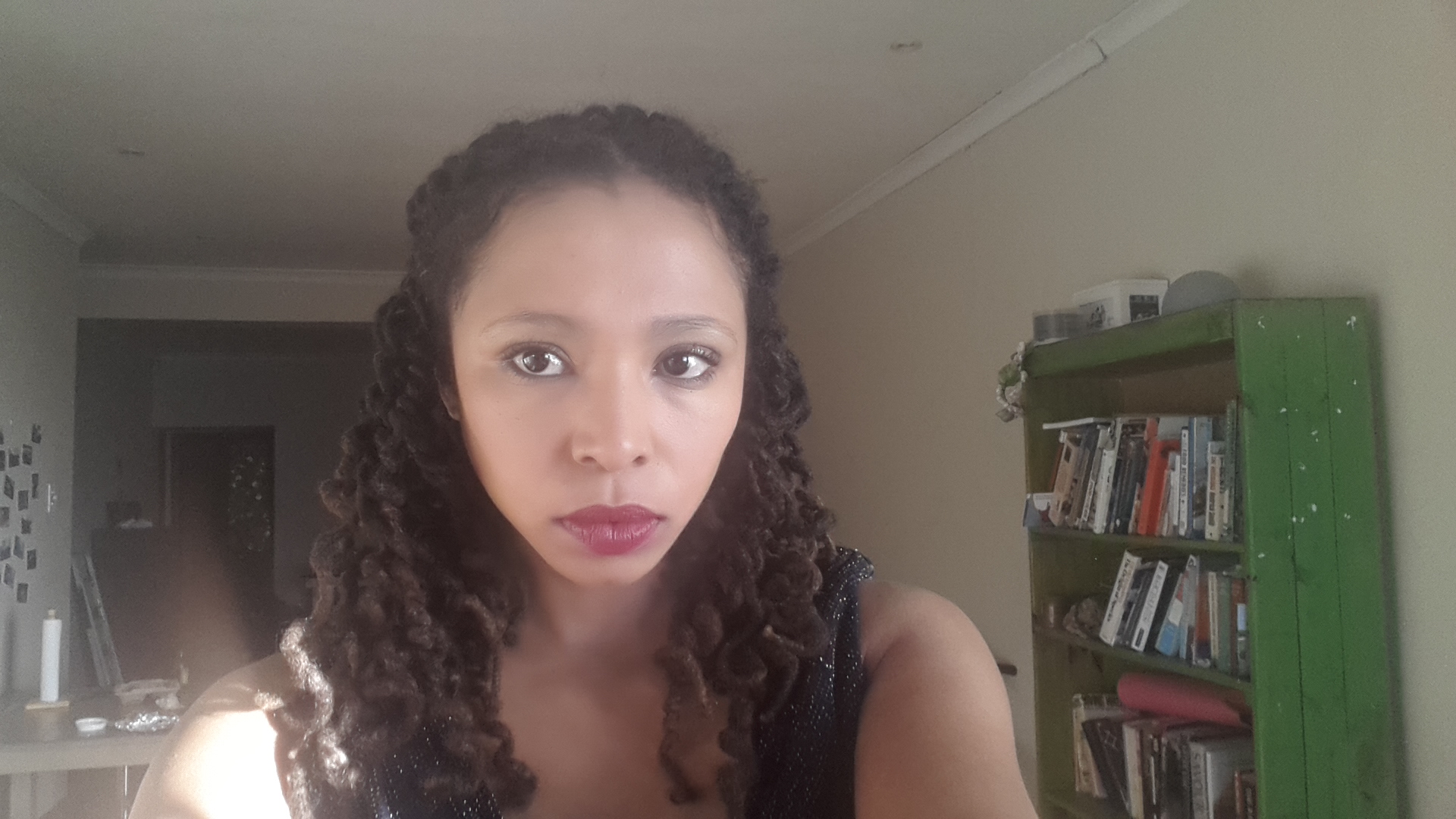 GreerMember
GreerMemberThis is also similar to my experience where the respective research centres can have a number of parallel programmes. These do vary from site to site, but the majority of research centres have been established in the communities for some time. It is not something I had approached as directly before doing this module which has given me some food for thought as it should also apply to strategies being used for engagement activities that are taking place now.
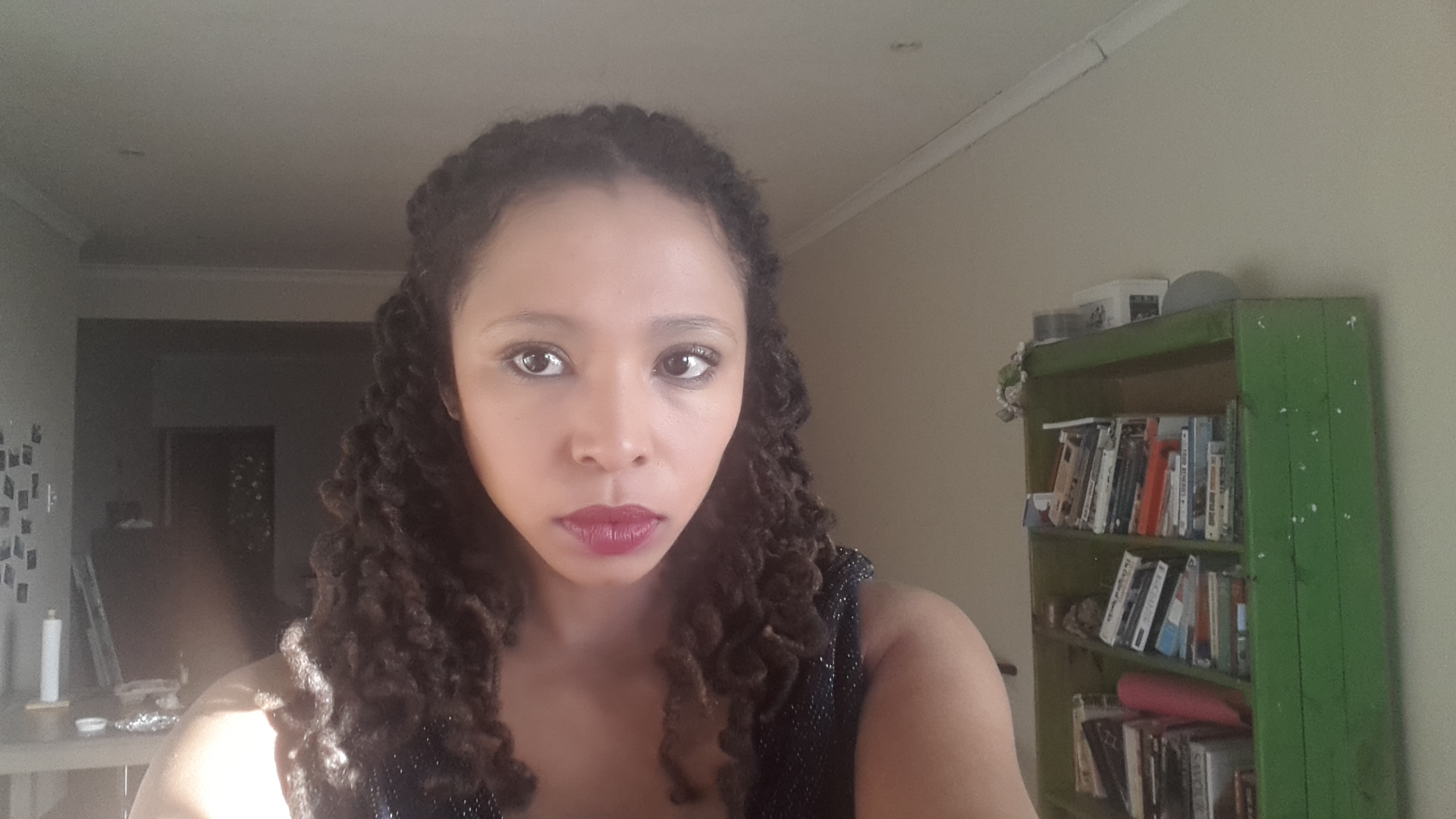 GreerMember
GreerMemberThe conduct of the research team in relation to the community is not one that would support a basic package of HIV prevention, treatment and care services that is tailored to the targeted participants. Engaging community health service providers and advocacy groups at the time of protocol development is critical not only to gain local expertise, assess resources and capacity; but also to establish partnerships in order to provide a continuum care of care for participants. These should take into account local capacity to provide services beyond the trial, and in the immediate term what the impact of providing PrEP could have as an incentive for enrolment. Here, where participants are made of a vulnerable group at risk of criminal prosecution, establishing meaningful partnerships with representative advocacy groups to develop a high quality, appropriate package of care should have been negotiated on an on-going basis. The actions by the research team could exacerbate an environment of distrust and false information, placing the entire study at risk.
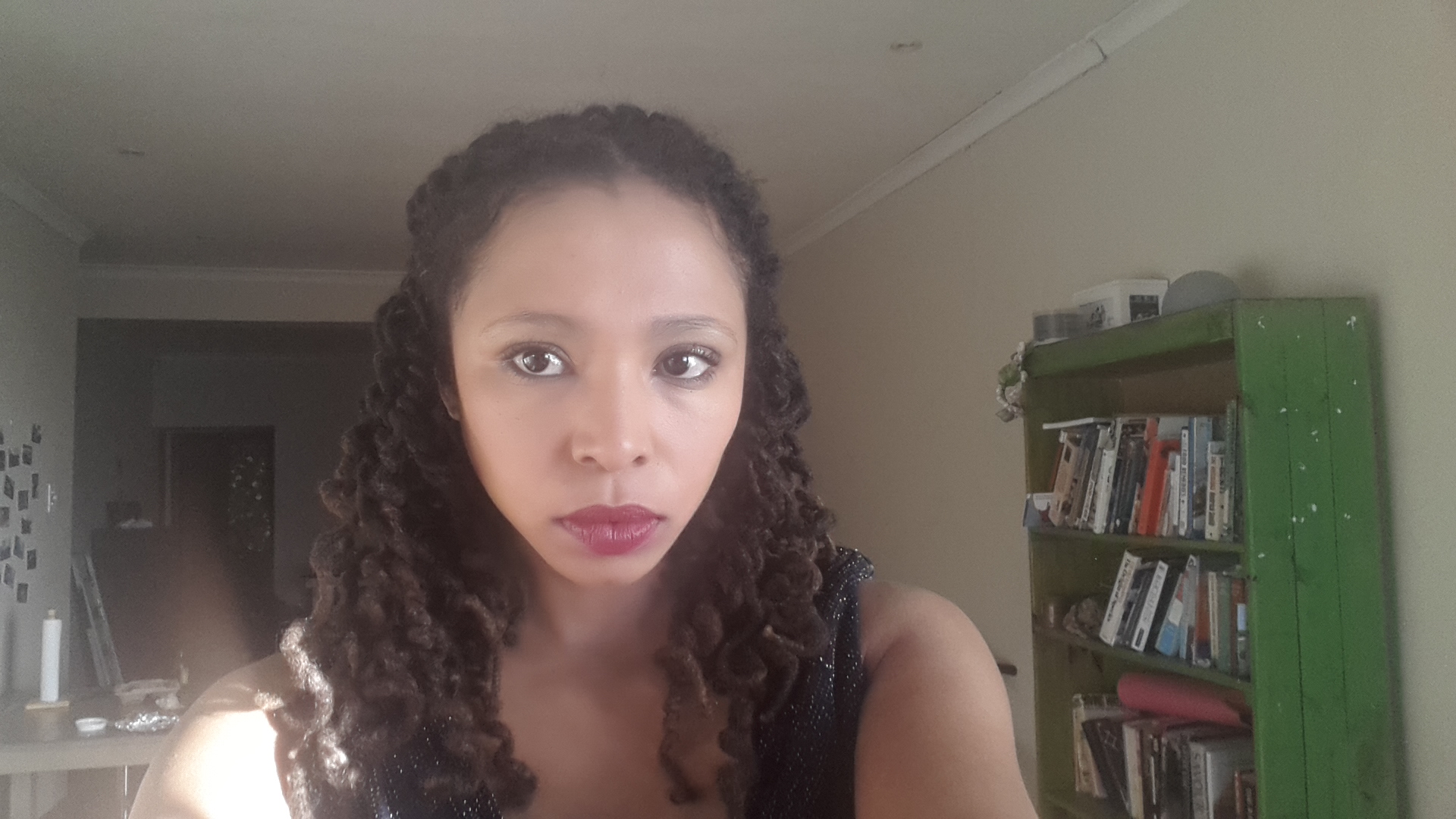 GreerMember
GreerMemberIn my role I have not engaged with social media in a way where we opened up the page for people to comment. In effect we would use it announce new content that would link users back to our website which contained more comprehensive information. What has proven to be quite popular for discussions and social organizing in South Africa has been whatsapp groups. In that sense I have seen groups coming together at national level as representatives in the SANAC Civil Society Forum, to local level for community activists.
Since Anne’s presentation I have started to consider how a platform like facebook can actually open up the discussion to new perspectives and voices that can otherwise be missed if one opts for closed chains of communication. I could see how a communications plan with well developed key messages on which relevant stakeholders and champions have been trained could open up greater participation and correct understanding.
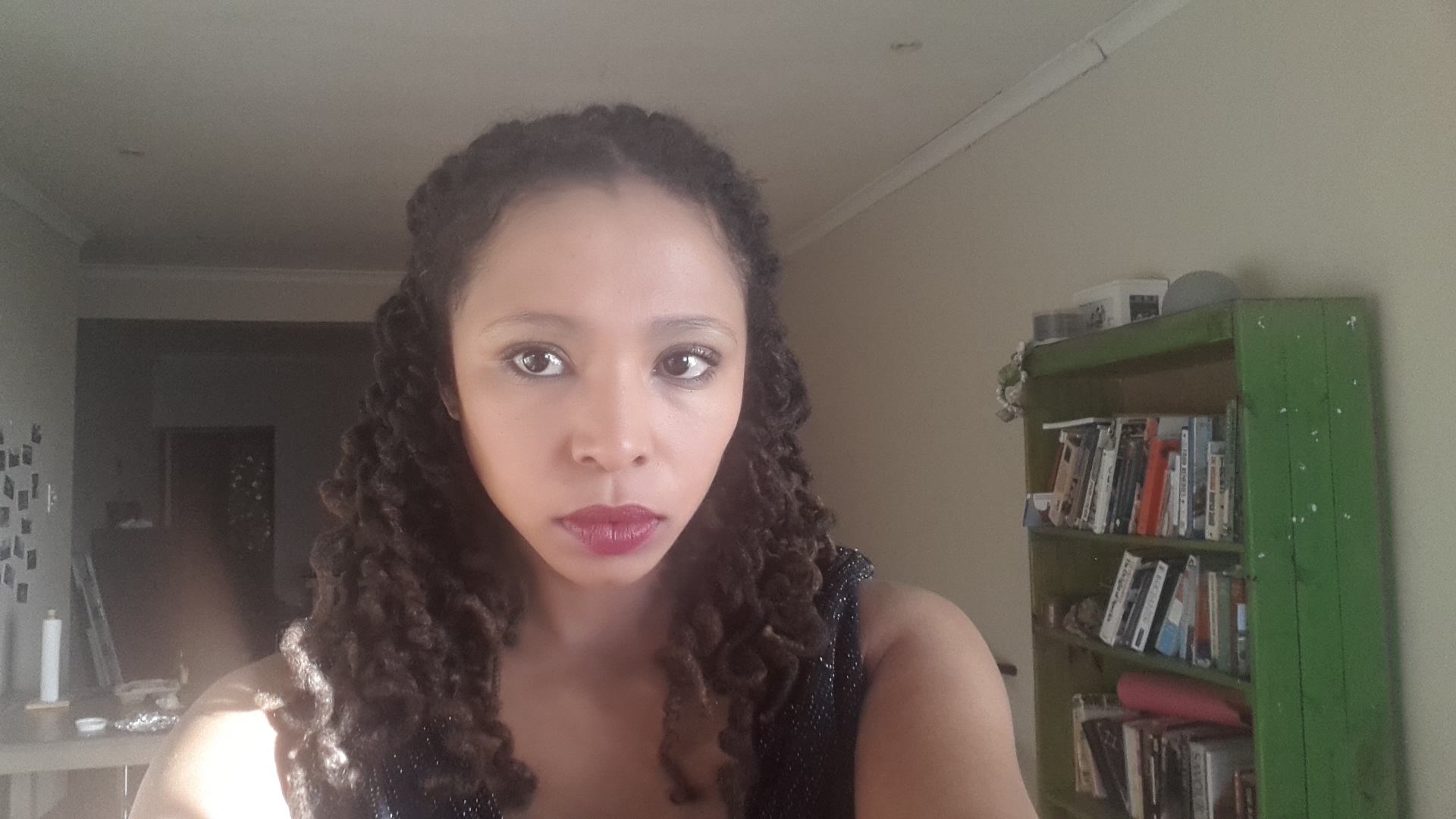 GreerMember
GreerMemberIn the event where there may be insufficient resources to fund a full blown formalised formative research process, there are various informal qualitative mechanisms that the team can draw on. The focus here would be on smart partnerships with local stakeholders that have a proven track record of working with the target group that will be enrolled in the study. These relationships will fast-track the research team’s understanding of their target groups. Additionally community-based focus groups coupled with key informant interviews can also give a better insight into the community norms and practices. Where these are done in a systematised and well-documented fashion (guided by a formative research plan) they form important and useful data points for ongoing or future research in that site. Not all formative research must be resource intensive – while noting that many aspects are still better supported by continuous investment over time.
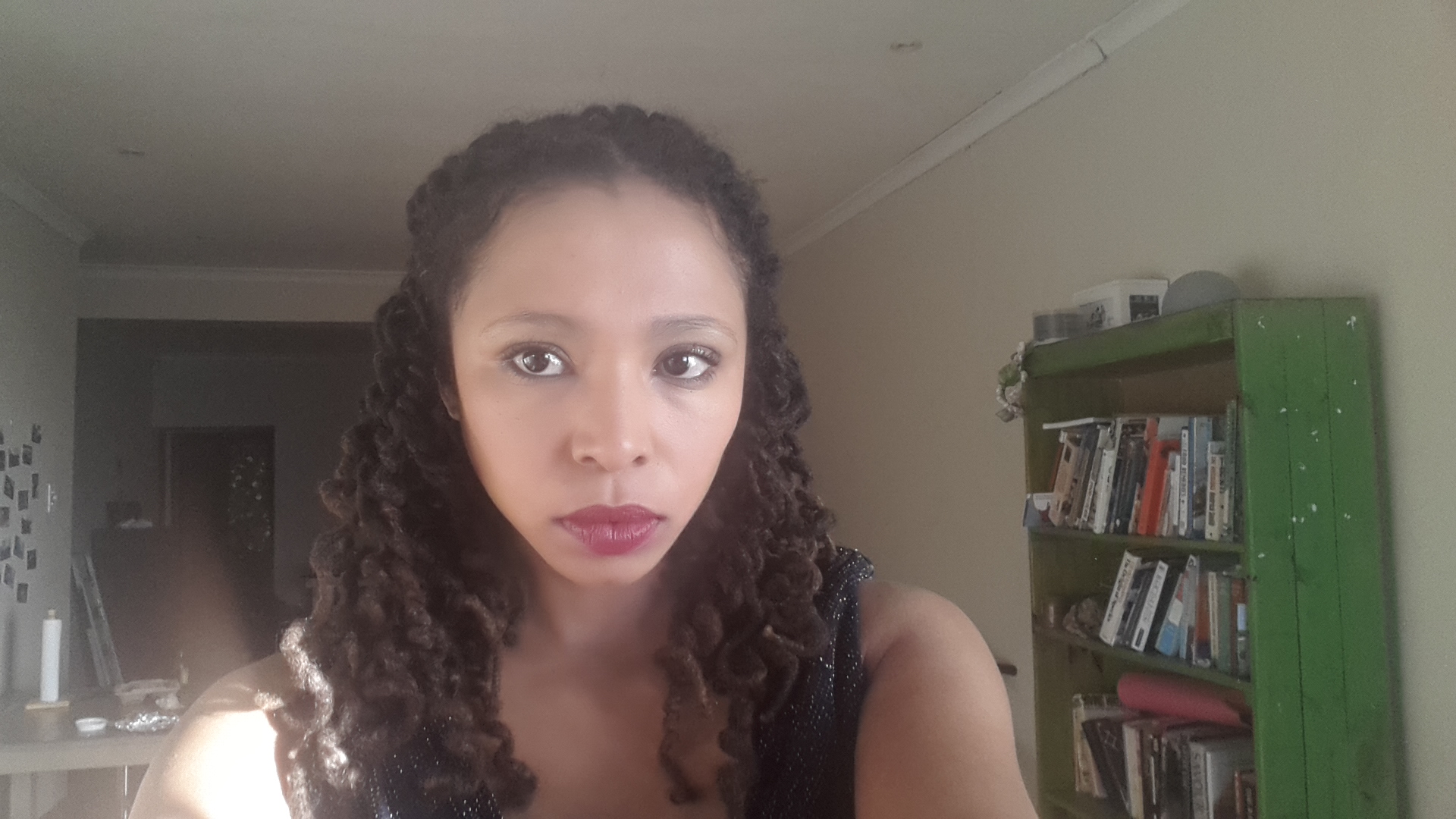 GreerMember
GreerMemberIPM have an overarching framework which guides all of the community engagement activities. Each trial site uses this template to guide the development of their local community engagement plans which covers issues of how to recruit, provide ongoing support and retain participants over time. The plan takes into account previous phases of preparatory research, human rights principles, learnings from similar studies, community feedback and local community service provider knowledge. Additionally certain key groups of community members are singled out to engage e,g, traditional healers, male partners, men in general. Each site will also add on to the prioritised stakeholders to incorporate their local contexts and community influencers. This approach allows for differentiated strategies that can be applied according to local context and allows for ease of decision making, while still adhering to a common goal overall.
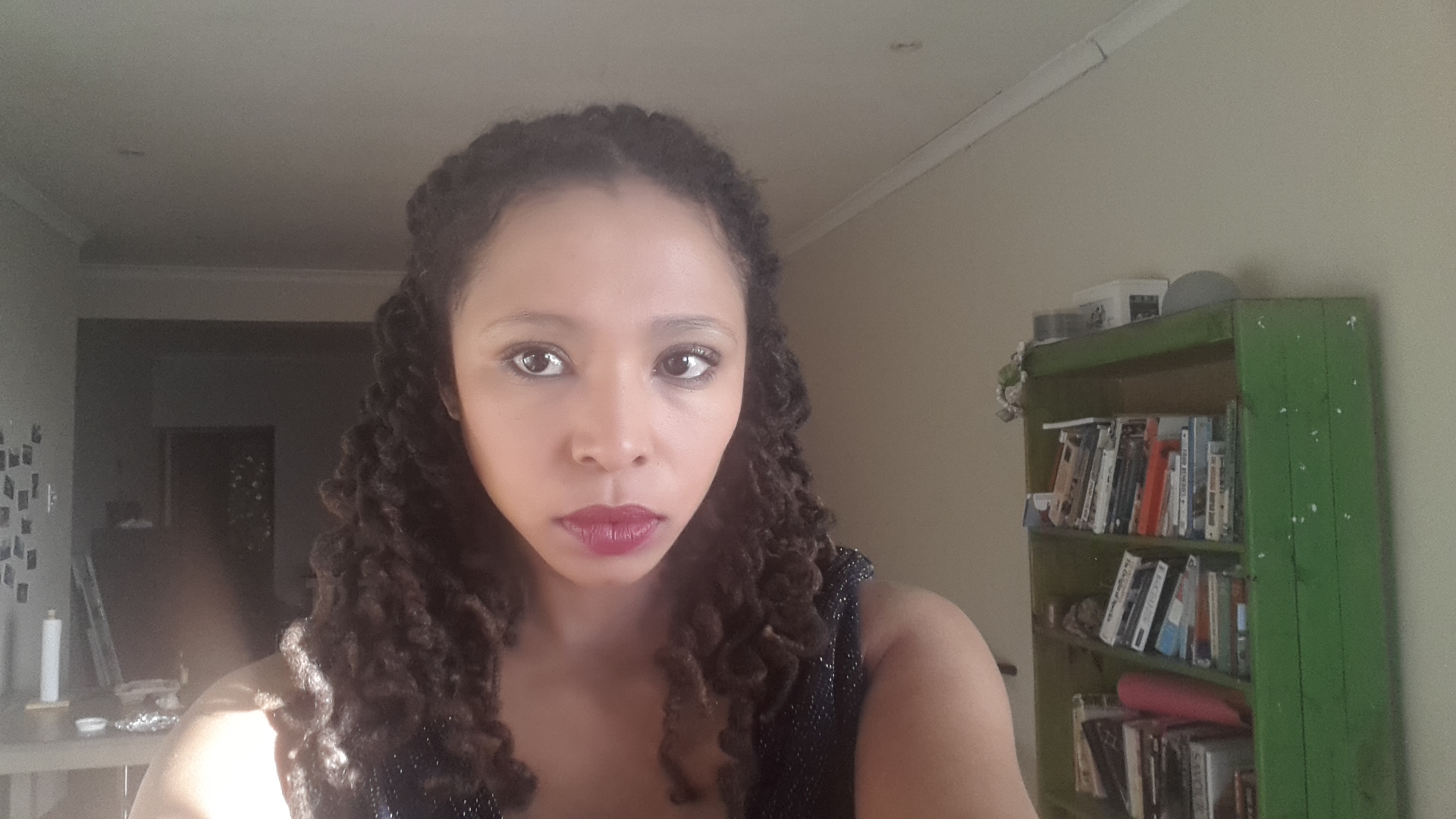 GreerMember
GreerMemberWould this be training specific to the study underway (so whether it is to be trained on the details of the specific research underway) ? Or would the training be of a more general nature with study specific information included as a complimentary focus ?
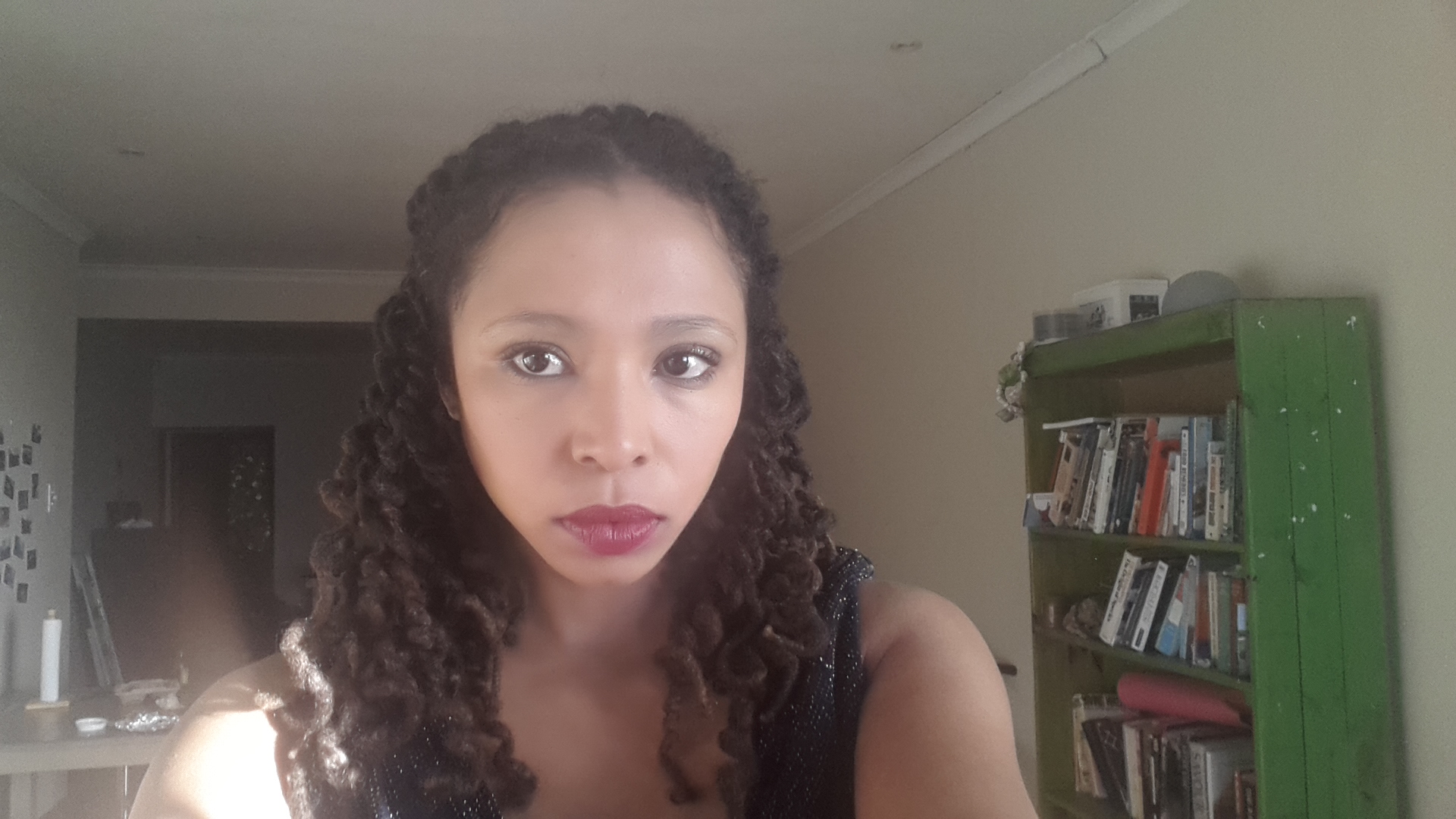 GreerMember
GreerMemberEnsuring that all stakeholders from the upper most tiers to the all important on the ground staff, requires good quality and consistent information. The importance of stakeholder engagement is expressed across operational protocols and programme plans, which also allows for tracking of what is actually happening at site level and matching this across different sites. As it currently stands there are pre existing stakeholders which are prioritised across all sites, these are key groups targetted regardless of location. Additional stakeholders that are identified by local advocacy partners are decided upon in partnship with the community liaison officer who also assists in the formulation of appropriate activities. The role of the CLO is directly suppported by IPM who provide ongoing capacity building – as well as direct participation in activities to demonstrate support for work happening with communities. This provides a direct link to community members. The Chief Medical Officer for the study also routinely participates in stakeholder engagement activities, which makes a massive difference in terms of truly sharing a common understanding. This is an ongoing effort, requiring regular participation and commitment from all levels.
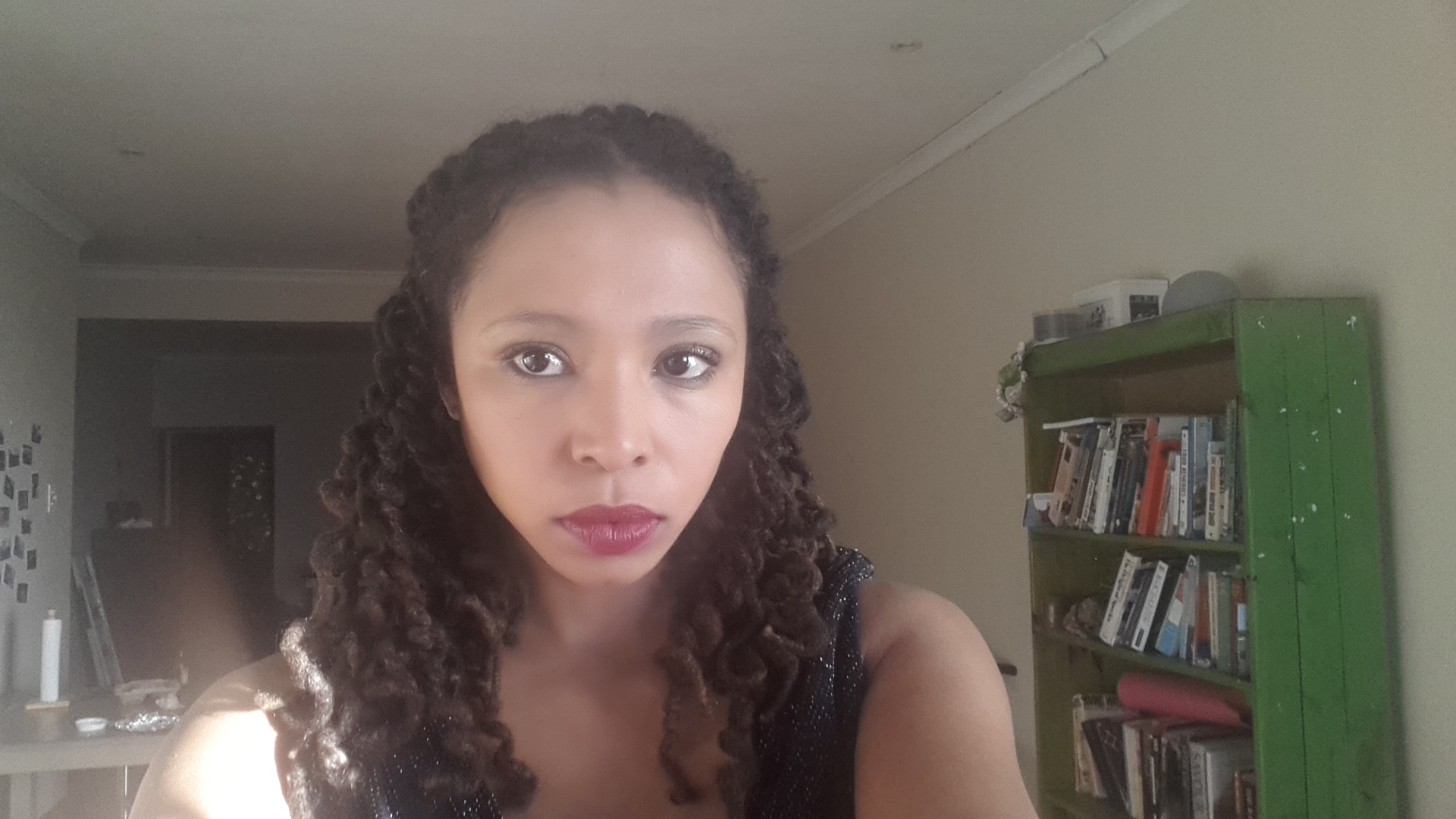 GreerMember
GreerMemberHello, I am Greer living in Cape Town, South Africa. I completed my undergraduate degree at the African Gender Instute at the University of Cape Town. I have always worked in the area of women’s rights, starting with the Gender Advocacy Programme, advocating for equal representation for women in political parties, and also facilitating training on violence against women with different civil society and government stakeholders. The bulk of my experience has been with the South African National AIDS Council Women’s Sector Secretariat where I was responsable for member coordination and overall programme implementation. In 2014 I was selected as a Kadar Asmal Fellow under Irish Aid, and completed a Masters in Social Policy in October 2016 from the University College Cork in Ireland. Since my return to South Africa I have continued my advocacy work in women’s rights, working with stakeholders for the Ring Study and DREAM around issues of meaningful community participation and advancement of a women’s rights agenda through culturally sensitive programme strategies.
-
AuthorReplies


